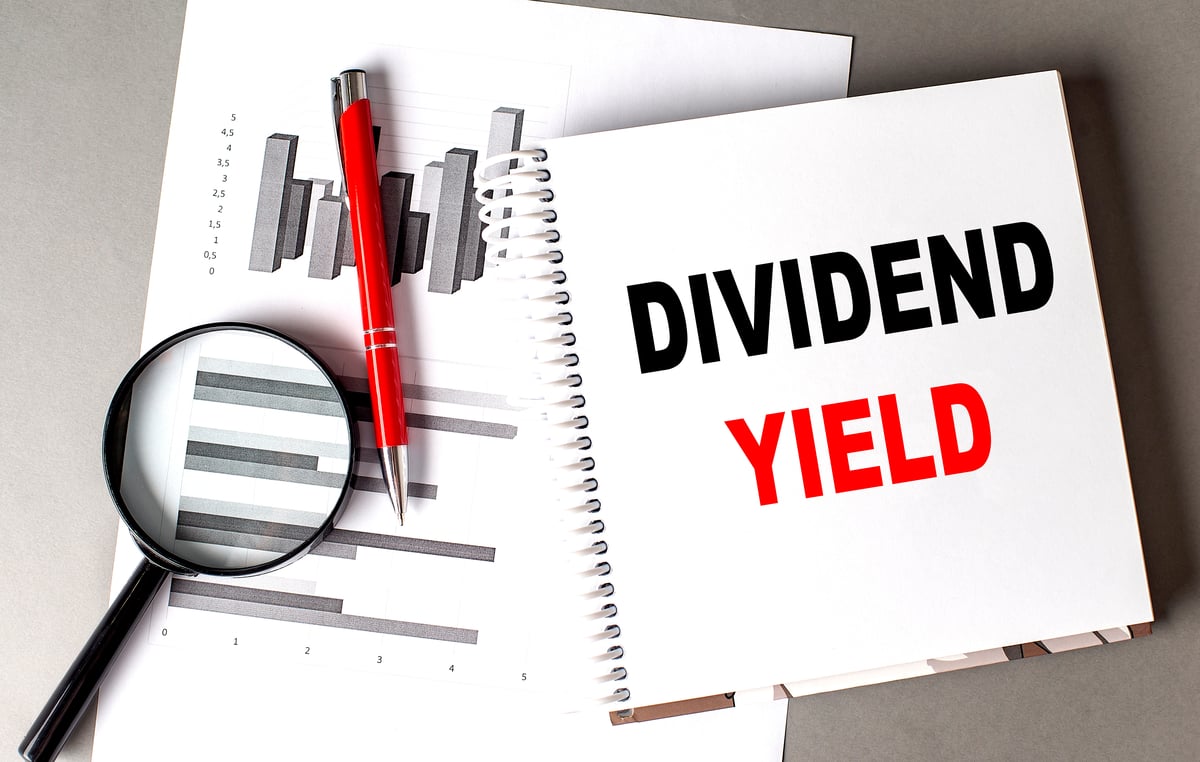Image source: Coyote.
Last week, United Parcel Service (UPS 0.45%) dished out $1.8 billion to purchase a non-asset-based start-up -- a decision that's landed many a megacorporation in hot water with its shareholders. Here's what you need to know.
Catching a Coyote
United Parcel Service has agreed to buy Coyote Logistics, a truckload freight brokerage company, from private equity company Warburg Pincus. For UPS, Coyote isn't an average acquisition.
Coyote is, at its core, a tech company. It's in the business of improving the efficiency of every truckload on the road, and it's doing so using technology. Rather than assume a "one customer per truck" mentality, Coyote understands that not every customer fills every truck, and works to fill those gaps by brokering space between different customers and trucking companies.
Its non-asset-based model means it doesn't own a single truck of its own. Rather, it's a mean, lean, computing machine that spits out the best scenarios for getting everyone's stuff from point A to point B. With more than 35,000 trucking companies on its roster, Coyote has already achieved national reach before its tenth birthday.
Tell me how to do my job

Image source: United Parcel Service.
As is often the case with acquisitions, UPS and Coyote Logistics aren't new to each other. For three years now, Coyote has played a "growing role," according to its acquirer, in supporting UPS during peak season (i.e., "the holidays"). As it integrates with UPS, the partnership could expand beyond helping UPS alone. According to an interview between UPS Chief Commercial Officer Alan Gershenhorn and The Wall Street Journal, UPS could begin offering Coyote's space-matching services directly to its customers. It's a win-win for everyone: Customers can buy and sell extra space in their trucks, while UPS expands its margins with a more effective fleet.
In a press release, United Parcel Service CEO David Abney noted that "[i]n addition to the core profitability of Coyote, UPS is well positioned to realize a run-rate of $100 million to $150 million of annual operating synergies, from backhaul utilization, purchased transportation and cross-selling opportunities."
Maximizing margins, not mergers
If Coyote can be properly integrated, it's a smart move for UPS. The price tag isn't small -- $1.8 billion is equivalent to 3.1% of UPS' 2014 sales, or 60% of its net profit, but the company just emerged from a blockbuster quarter with better-than-expected earnings per share from international package profits and increasingly efficient domestic package delivery.
This signals an awareness that UPS is working hard to expand its operating margin to support its bottom line. That separates it from its main rival, FedEx Corporation, which announced in April a proposed $4.8 billion purchase of European shipping company TNT Express. While economies of scale could certainly kick in, this deal is ultimately about FedEx Corporation growing its top-line sales in an effort to boost its bottom line.
Top-line growth is a more unpredictable investment, and it can also catch the wary eyes of regulators. The European Commission recently announced an investigation into FedEx and TNT to ensure the merger is in line with its regulations. In a press release, the Commission noted concern that deliveries would face "insufficient competitive constraints from the only two remaining players (UPS and DHL)."
UPS' acquisition should avoid any immediate worries from regulators as it focuses on expanding its operating margins and pulling more profit with the customers it already has.
Culture clash?
Image source: Coyote.
The main worry with this acquisition isn't a logistical one -- it's a cultural one. Coyote enjoys a start-up company culture, complete with bouncy chairs and peppy people. UPS has made clear in its press release that it will take a hands-off approach to calling Coyote its own. Current Coyote CEO Jeff Silver will stay on, ensuring that "careful attention" will be given to "supporting the unique characteristics that have enabled [its] success to date." Still, with more than 230,000 full-time employees and $35 billion in assets, UPS will have to tread lightly to avoid trampling its latest toy.
If all goes well with the integration, this will be an acquisition well worth its value. Investors can breathe easy knowing that United Parcel Service is focused on growing its profit and efficiency without the worries of a multibillion-dollar merger. Now that's smart logistics.






